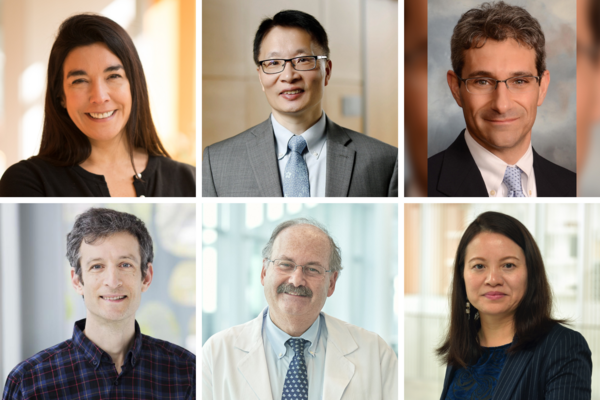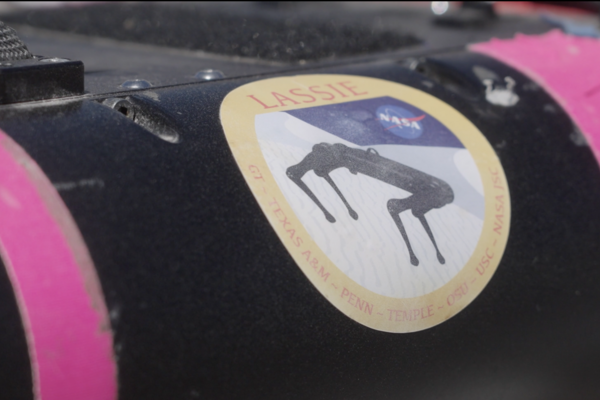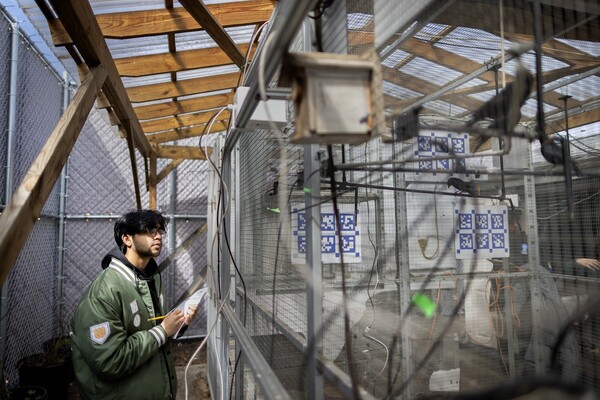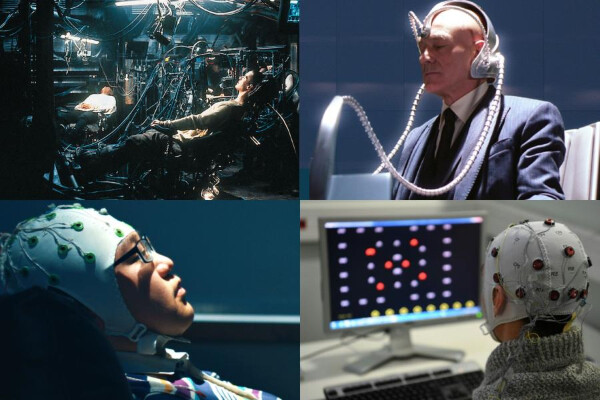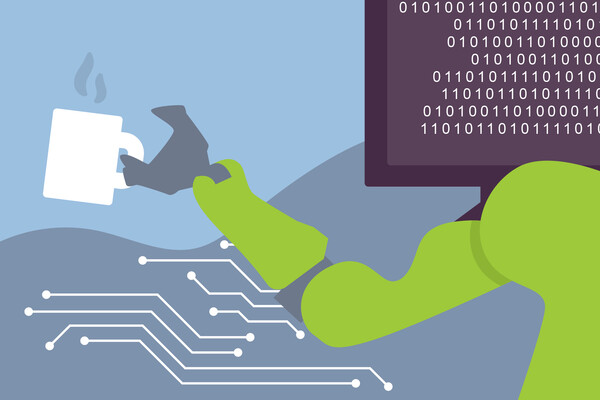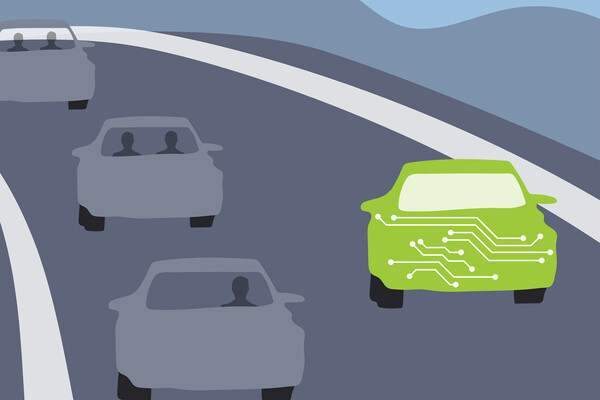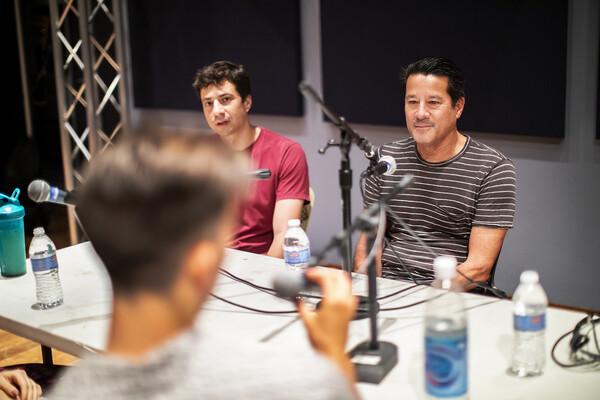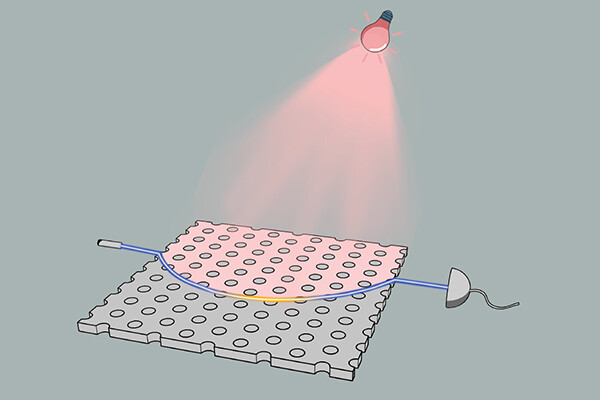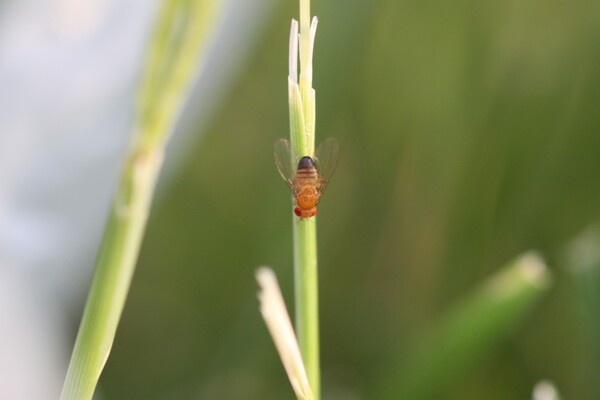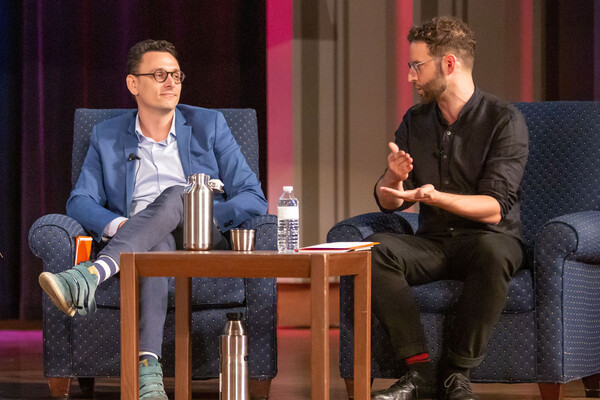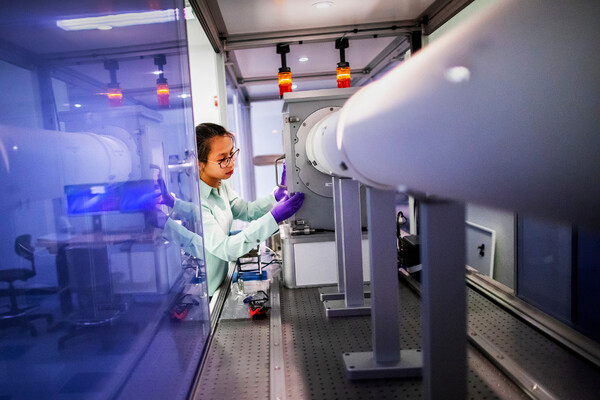4/22
Science & Technology
Brain-machine interfaces: Villainous gadgets or tools for next-gen superheroes?
A Q&A with neuroscientist Konrad Kording on how connections between minds and machines are portrayed in popular culture, and what the future holds for this reality-defying technology.
The virtual assistant
Artificial intelligence has permeated many corners of life, from consumer purchasing and media consumption to health care—sometimes in ways we don’t even know.
The brain in the machine
Insights into how computers learn, the current challenges of artificial intelligence research, and what the future holds for how machines might shape society in the future.
Bots, biases, and binge watching: How AI shapes the modern world
A three-part series and podcast delves into the nuts and bolts of algorithms, legal and ethical questions, and ways artificial intelligence guides decision making.
The human driver
As the ability to harness the power of artificial intelligence grows, so does the need to consider the difficult decisions and trade-offs humans make all the time about privacy, bias, ethics, and safety.
The programming ethos
In a podcast conversation, Penn professors Michael Kearns, Aaron Roth, and Lisa Miracchi discuss the ethics of artificial intelligence.
Researchers discover new topological phases in a class of optical materials
These unique topological phases, which imbue materials with new properties, provide a pathway for future optical-electronic applications such as telecommunications devices and quantum computers.
Fruit flies’ microbiomes shape their evolution
In just five generations, an altered microbiome can lead to genome-wide evolution in fruit flies, according to new research led by Paul Schmidt and postdoc Seth Rudman of the School of Arts and Sciences.
Dissecting the Green New Deal
During what’s likely the largest climate event ever held at Penn, leaders in a range of fields discussed the practicalities and implications of the resolution introduced into Congress in February aimed at stemming climate change.
Researchers think small to make progress toward better fuel cells
A collaborative study describes how fuel cells, which use chemical energy to power cars and devices, can be developed to be more cost-effective and efficient in the long term.
In the News
Here’s why experts don’t think cloud seeding played a role in Dubai’s downpour
Michael Mann of the School of Arts & Sciences says that many people blaming cloud seeding for Dubai storms are climate change deniers trying to divert attention from what’s really happening.
FULL STORY →
Can we stop AI hallucinations? And do we even want to?
Chris Callison-Burch of the School of Engineering and Applied Science says that auto-regressive generation can make it difficult for language learning models to perform fact-based or symbolic reasoning.
FULL STORY →
“Record-shattering” heat wave in Antarctica — yep, climate change is the culprit
Michael Mann of the School of Arts & Sciences says that persistent summer weather extremes like heat waves are becoming more common as people continue to warm the planet with carbon pollution.
FULL STORY →
How the solar eclipse will affect solar panels and the grid
Benjamin Lee of the School of Engineering and Applied Science says that the electrical grid will have to figure out how to match supply and demand during brief windows where the energy source goes away.
FULL STORY →
Scientists struggle to explain ‘really weird’ spike in world temperatures
Michael Mann of the School of Arts & Sciences says that tendencies to exaggerate climate science in favor of “doomist” narratives helps no one except the fossil fuel industry.
FULL STORY →
Spring is here very early. That’s not good
Michael Mann of the School of Arts & Sciences says that plant-flowering, tree-leafing, and egg-hatching are all markers associated with spring that are happening sooner.
FULL STORY →
Can your personal medical devices be recycled?
A lab at the School of Engineering and Applied Science led the development of a COVID test made from bacterial cellulose, an organic compound.
FULL STORY →
Could Florida electric bills go up because of a fuel made from manure?
Danny Cullenward of the Kleinman Center for Energy Policy at the Weitzman School of Design says that federal and California state subsidies have led to a gold rush of companies trying to get into the business of renewable natural gas around the country.
FULL STORY →
Pa. environmental, religious and other groups criticize Shapiro plan for ignoring climate change
A study by the Kleinman Center for Energy Policy at the Weitzman School of Design found that Pennsylvania would benefit overall from joining the Regional Greenhouse Gas Initiative.
FULL STORY →
Why don’t we just ban fossil fuels?
Joseph Romm of the School of Arts & Sciences says that stronger action against fossil fuels is essential to save the planet.
FULL STORY →




